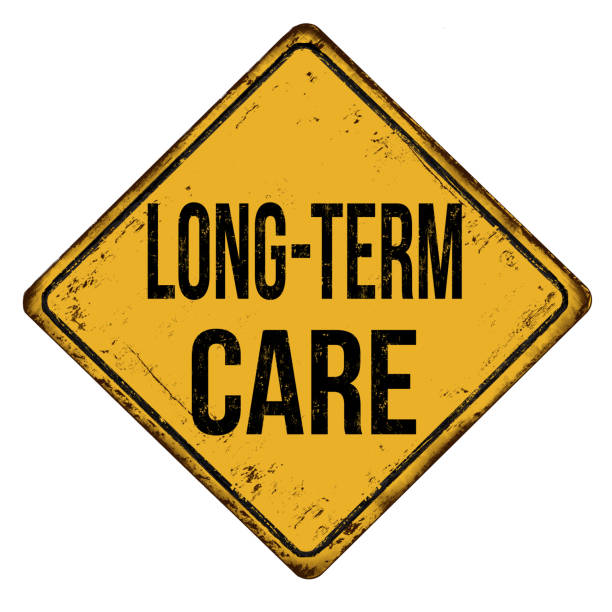Background
The Affordable Care Act (ACA) requires that all employers with 50 or more full-time employees must provide health insurance or pay a tax (penalty) to the federal government. The provision will be enforced by the IRS. Full-time is defined as an employee who works at least 30 hours per week. The tax is now called by the Orwellian term “employer responsibility penalty,” which implies employers should take a certain action even when the law does not require it.
The tax varies depending on whether the employer offers health insurance or not. The penalty is $2,000 per employee if the employer does not offer insurance or $3,000 per employee if the employer does offer health insurance but the employee chooses instead to get insurance that is taxpayer-subsidized.
The average annual cost of an employee health insurance plan was $5,000 for an individual and $12,000 for a family last year in Washington state. Employers are faced with the financial decision of paying for employee health insurance or paying the penalty and allowing employees to find their own insurance in the individual market, the state exchange or through the Medicaid entitlement.
Part-time workers are not included in the ACA employer mandate. To stay competitive financially, many employers are considering cutting workers’ hours to part-time status. Part-time employees, in general, work in low-paying jobs. The Washington Health Care Authority reported in November 2013 that 93,750 Medicaid recipients are employed at a cost to state taxpayers of $661 million. Because Washington state officials expanded Medicaid on January 1, 2014, as allowed in the ACA, many more part-time employees will now qualify for Medicaid.
HB 2588: An Added State Mandate on Employers
In addition to the requirements of the national health care law, some lawmakers in Olympia want to impose further mandates on employers or part-time workers. HB 2588 would force Washington employers to provide health coverage to part-time employees who work as few as 8.7 hours a week.
The provisions of the bill are as follows.
- It would apply only to employers with 500 or more employees.
- It would apply to employees who work more than 104 hours per quarter (or more than 8.7 hours per week).
- It would apply to employees enrolled in health insurance plans where they receive “medical assistance,” which means a taxpayer subsidy to purchase their plans.
- It would apply only to state-taxpayer assistance, not federal-taxpayer assistance.
- The penalty is calculated on a complex formula that involves the total annual wages of all covered employees multiplied by a bureaucratic-determined fraction.
- The penalty would be administered and enforced by the state Employment Security Department, the Health Care Authority, the Office of the Insurance Commissioner and the Labor and Industry Department.
- Employers would have to provide information to employees about the availability of medical assistance.
Policy Analysis
The bill goes far beyond what is required under federal law because it would force large employers in Washington state to provide health insurance to part-time employees or pay a penalty if the employee received health insurance paid for by taxpayers. The bill would set the definition of “part-time” so low that employees working as little as nine hours per week would qualify. It is assumed these part-time workers would be low-wage earners, so this bill is targeted specifically at the expanding Medicaid program in Washington state.
The bill has several stated rationales. First, supporters claim people with health insurance enjoy better health than people without health insurance. Unfortunately, it has now been proven through a randomized, controlled study recently published in The New England Journal of Medicine that having Medicaid as a person’s health insurance does not provide better clinical outcomes, and that it actually increases the use of emergency rooms compared with no insurance at all.
Second, the bill states that not having health insurance is the second leading cause of bankruptcy in the United States. This is absolutely not true. What the data shows is that people who declare bankruptcy have unpaid medical bills, but those bills are among many reasons a person may declare bankruptcy. Medical expenses by themselves do not “cause” most bankruptcies. Default on mortgages and credit card debt are by far the leading cause of bankruptcy in this country. Unpaid medical bills are at best a contributing factor to someone already under financial stress due to debt.
Losses in the Part-Time Job Market
The greatest impact HB 2588 would have is not in better health outcomes or in reducing bankruptcies, but in reducing employment. Stated simply, the bill is a job-killer. It would force employers to pay for health insurance for essentially all of their employees, regardless of hours worked. The bill is a convoluted method of financing a troubled health insurance program (Medicaid) that state officials chose to expand. Employers would need to make hiring decisions based not only on benefit to the company, but also on cost to the company.
By targeting only firms with 500 or more workers, supporters of HB 2588 argue their bill is narrowly drafted and would not have a significant effect on the state’s overall business climate. While the 499 large companies that would fall under the bill’s controls comprise less than one percent of Washington businesses, they employ fully 37 percent of the workforce. The bill would clearly have a major impact in raising costs in Washington’s labor market.
Imposing New Costs on the Labor Market
According to the state Employment Security Department, around 70 percent of part-time employees in firms that employ 500 or more are already offered employer-sponsored health insurance. The average monthly health insurance premium per employee is $590, and the large firms pay an average of 75 percent of those premiums for their part-time workers, or about $442 per month.
By requiring these employers to offer health benefits to workers who work as few as 8.7 hours per week, this bill would ensure that virtually every employee of these companies would be covered. So these employers would go from voluntarily covering 70 percent of part-time workers to complying with a government mandate to cover nearly 100 percent of them.
The mandate required under HB 2588 would impose significant new costs on Washington’s labor market. Nationally, part-time jobs account for 19.5 percent of total employment. There are 727,327 workers employed by Washington companies with 500 or more employees. If the national average rate of part-time employment is assumed to apply in Washington, about 141,828 of these workers would be part-time employees. Under this assumption, 30 percent, or 42,548 Washington workers, do not currently receive health care benefits.
The mandate imposed by HB 2588 would require firms to provide benefits to part-time workers at a current average cost of $442 a month. For the 499 companies targeted by HB 2588, the bill would impose $19 million per month in government-ordered costs, or $228 million more per year.
Conclusion
Rather than bringing meaningful reform to Medicaid, HB 2588 would add a layer of bureaucratic complexity to the financing of the ineffective health insurance program. Implementation of the federal ACA is already bringing widespread confusion and distress to Washington families and business owners. The federal government changes provisions of the ACA every few months, creating added worry and anxiety for Washington citizens. HB 2588 would not serve the public interest because it would add new state health care requirements to the confusion already created by federal law, thus placing another expense and regulatory burden on employers in Washington state.
Download a PDF of this Legislative Memo here.





